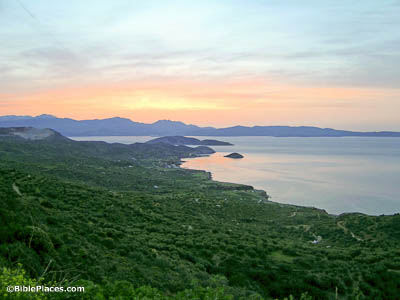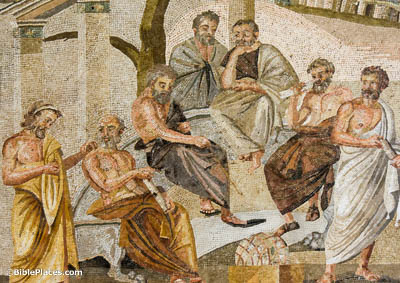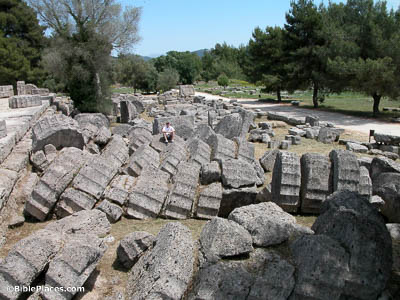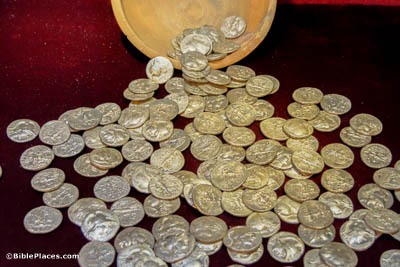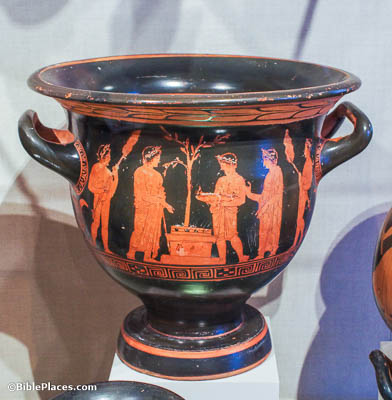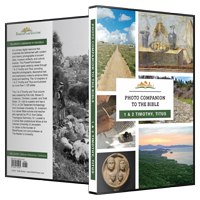For this reason I left you in Crete, that you would . . . appoint elders in every city (Titus 1:5).
Crete is a large island (approximately 3,220 square miles [8,340 sq km]) in the Mediterranean Sea to the south of Greece. This verse reveals that Paul visited Crete, and since there is no mention of such a journey in the book of Acts, this trip is believed to have occurred after his release from his initial imprisonment in Rome (Acts 28). Paul’s death is usually placed between AD 65 and 67, so he presumably wrote Titus within a few years of his release in 62.
